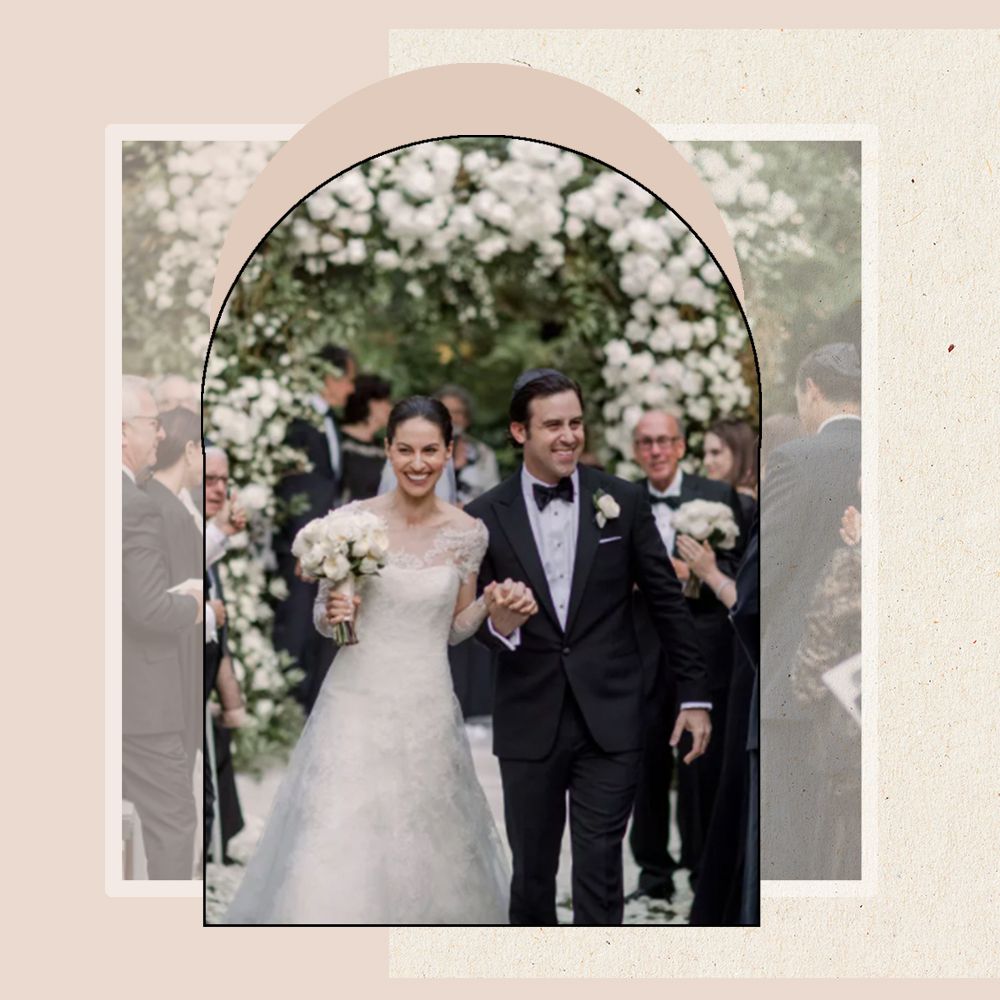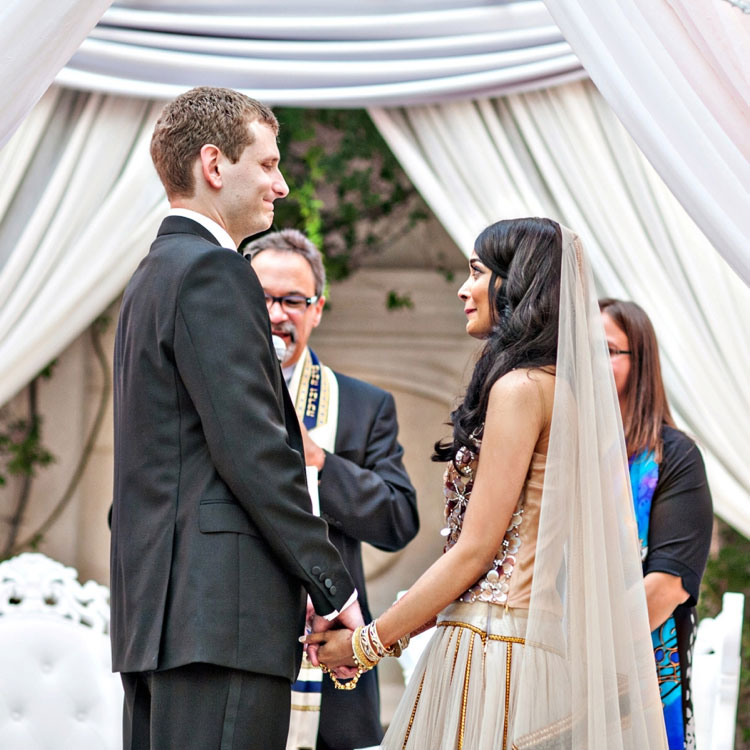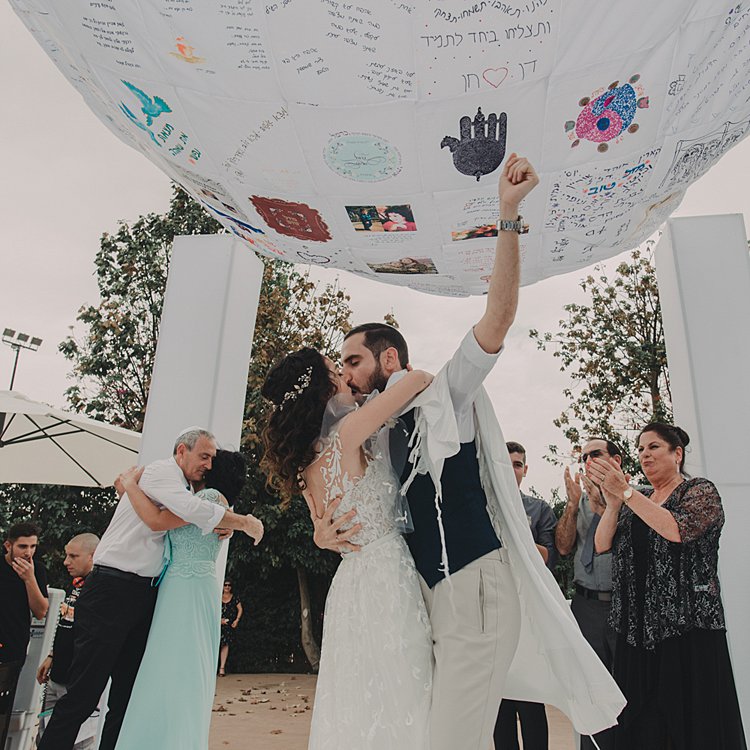I. Introduction
a. Definition of a Kosher Wedding
A kosher wedding is a wedding that follows the traditional Jewish dietary laws known as kashrut. These laws dictate what foods are acceptable for consumption according to Jewish custom and tradition. In a kosher wedding, all food and drink served must adhere to these laws.
b. Importance of Following Kosher Laws in a Wedding
The importance of following kosher laws in a wedding lies in the preservation of Jewish tradition and the observance of religious customs. For many Jewish couples and their families, observing kosher laws at a wedding is an essential aspect of maintaining their cultural and religious identity.
II. Pre-Wedding Preparations
a. Meeting with a Rabbi
Meeting with a rabbi is a crucial step in the preparation for a kosher wedding. The rabbi plays a pivotal role in guiding the couple through the spiritual and ceremonial aspects of the wedding. The meeting with the rabbi involves discussions about the significance of Jewish marriage, guidance on the Jewish laws and customs regarding weddings. This early engagement with the rabbi sets the tone for the couple’s journey towards a wedding infused with Jewish traditions and values.
b. Selecting a Kosher Venue
Selecting a kosher venue is fundamental in ensuring that a wedding adheres to the dietary laws of kashrut. A kosher venue is one that has been certified to comply with the strict standards of kosher requirements. Choosing a venue that is certified as kosher provides assurance.
c. Choosing a Kosher Caterer
Choosing a kosher caterer is an essential aspect of the pre-wedding preparations for a kosher wedding. A kosher caterer specializes in preparing and serving food that aligns with the dietary laws of kashrut. They are well-versed in the intricacies of kosher cooking and are equipped to create a menu that not only satisfies the culinary preferences of the couple and their guests but also upholds the traditions and practices surrounding kosher dining. Collaborating with a kosher caterer is key to ensuring that the wedding feast reflects the couple’s commitment to observing the laws of kashrut.
The road to a kosher wedding is paved with careful planning and deep reverence for tradition. The pre-wedding preparations, including meeting with a rabbi, selecting a kosher venue, and choosing a kosher caterer, embody the couple’s dedication to honoring their cultural heritage and religious faith. These preparations set the stage for a wedding celebration that is not only a union of two individuals but a continuation of an age-old legacy that holds significance for generations to come.
III. The Wedding Ceremony
a. The Ketubah and the Bedeken
The Ketubah, a cherished Jewish marriage contract, symbolizes the commitments and obligations of the couple’s union, as well as the enduring love and respect they pledge to one another. The Bedeken, the veiling of the bride by the groom, serves as a symbol of modesty and mutual respect. These customs are steeped in tradition and carry profound significance.
b. The Chuppah and The Seven Blessings
The Chuppah, a wedding canopy open on all sides, represents the home the couple will build. Under the Chuppah, the couple stands surrounded by loved ones, signifying the support and love that envelops their union. The Seven Blessings, recited by a rabbi or honored guests, celebrate the sanctity of marriage and the joyous occasion, bestowing blessings upon the couple and affirming the holiness and beauty of the union they are entering.
c. Breaking of the Glass
A poignant and symbolic moment in a Jewish wedding, the breaking of the glass is a cherished tradition. With solemnity and reverence, the groom shatters a glass beneath his foot. This act serves as a reminder of the fragility of life and the commitment to recognize and repair the brokenness in the world. Simultaneously, it is also a joyful exclamation, expressing the hope for a life of happiness and wholeness for the newly married couple.
IV. Kosher Wedding Meal
a. The Dietary Laws of Kosher Dining
Kosher dining is guided by a set of dietary laws known as kashrut, which outlines the types of food that are permissible for consumption according to Jewish tradition and the methods by which they should be prepared. The laws encompass various principles, including the type of animals that may be eaten, the separation of meat and dairy products.
b. Traditional Kosher Wedding Foods
The kosher wedding meal features a variety of traditional Jewish dishes that are deeply rooted in cultural and historical significance. These include beloved classics such as gefilte fish, matzo ball soup, brisket, and kugel. These dishes offer a connection to the past and serve to honor the culture and traditions.
c. Importance of Having a Kosher Certified Kitchen
For a kosher wedding meal, the significance of having a kosher certified kitchen cannot be overstated. A kosher certified kitchen ensures that all food preparation and handling adhere to the strict standards of kashrut. It involves the use of kosher ingredients, the separation of meat and dairy products. This meticulous attention to detail is essential in upholding the sanctity and authenticity of the kosher wedding meal.
V. Wedding Traditions
a. Dancing and Celebrating
One of the most joyful aspects of a Jewish wedding is the exuberant dancing and celebrating that takes place during the reception. The lively music and spirited dancing reflect the jubilation and merriment of the occasion. Family and friends join together in circles and traditional dances, lifting the newly married couple on chairs.
The festive atmosphere is contagious as the guests partake in the revelry, creating an environment of warmth and unity that embodies the spirit of the wedding celebration. The dancing and celebration are a testament to the joyous union of the couple and the love.
b. Traditional Jewish Wedding Songs
Music is an integral part of Jewish wedding celebrations. From melodies sung during the ceremony, each song holds its own significance and history within Jewish tradition.
The melodies and lyrics of these songs convey blessings, well wishes, and expressions of love and joy, enhancing the emotional depth of the occasion. Traditional Jewish wedding songs not only fill the air with melodious beauty but also deepen the connection to Jewish heritage and faith, creating an atmosphere that is both sentimental and spiritually uplifting.
c. Symbolic Customs and Rituals
A Jewish wedding is replete with timeless customs and symbolic rituals, each carrying profound meaning and embodying the rich heritage of the Jewish faith. From the signing of the Ketubah, symbolizing the commitment of the couple, to the Circling, where the bride circles the groom seven times, representing the creation of a new home and the protection of the marriage, each custom tells a story and serves as a link to tradition and belief.
The breaking of the glass, the shared cup of wine, and the bedeken all bear symbolic significance, resonating with themes of remembrance, unity, and the solemnity of marriage. Each custom and ritual represents a moment of reflection and connection to the collective history of the Jewish people.
VI. Conclusion
In conclusion, a kosher wedding is a celebration rich with tradition, symbolism, and joy. From the heartfelt ceremony to the festive dancing and traditional songs, every aspect of the wedding reflects the couple’s cultural heritage and religious values. By embracing these customs and traditions, couples can create a wedding celebration that is not only a joyful event but also a profound reflection of their commitment to each other and their shared faith.A kosher wedding is a testament to the couple’s devotion to their heritage.



